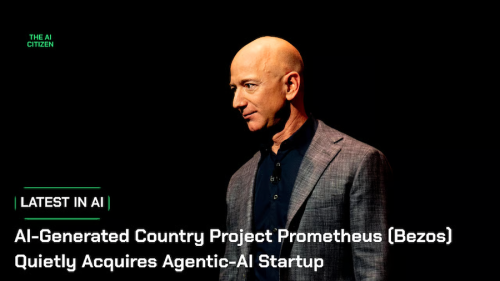The regulation paves the way for what could become a global standard to classify risk, enforce transparency and financially penalize tech companies for noncompliance.
European Union officials reached a landmark deal Friday on the world’s most ambitious law to regulate artificial intelligence, paving the way for what could become a global standard to classify risk, enforce transparency and financially penalize tech companies for noncompliance.
At a time when the sharpest critics of AI are warning of its nearly limitless threat, even as advocates herald its benefits to humanity’s future, Europe’s AI Act seeks to ensure that the technology’s exponential advances are accompanied by monitoring and oversight, and that its highest-risk uses are banned. Tech companies that want to do business in the 27-nation bloc of 450 million consumers — the West’s single largest — would be compelled to disclose data and do rigorous testing, particularly for “high-risk” applications in products like self-driving cars and medical equipment.
Dragos Tudorache, a Romanian lawmaker co-leading the AI Act negotiations, hailed the deal as a template for regulators around the world scrambling to make sense of the economic benefits and societal dangers presented by artificial intelligence, especially since last year’s release of the popular chatbot ChatGPT.
Please read the full article at the Washington Post: https://www.washingtonpost.com/technology/2023/12/08/ai-act-regulation-eu/

https://apnews.com/article/ai-act-europe-regulation-59466a4d8fd3597b04542ef25831322c










